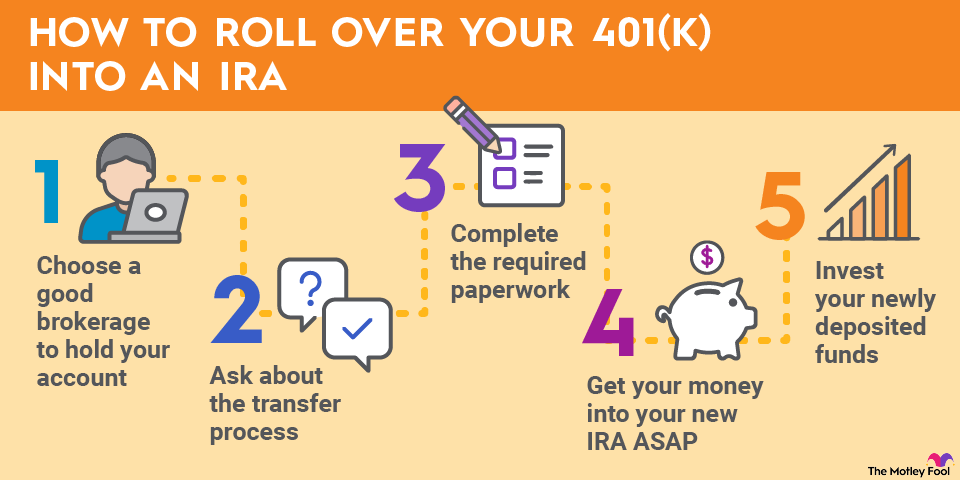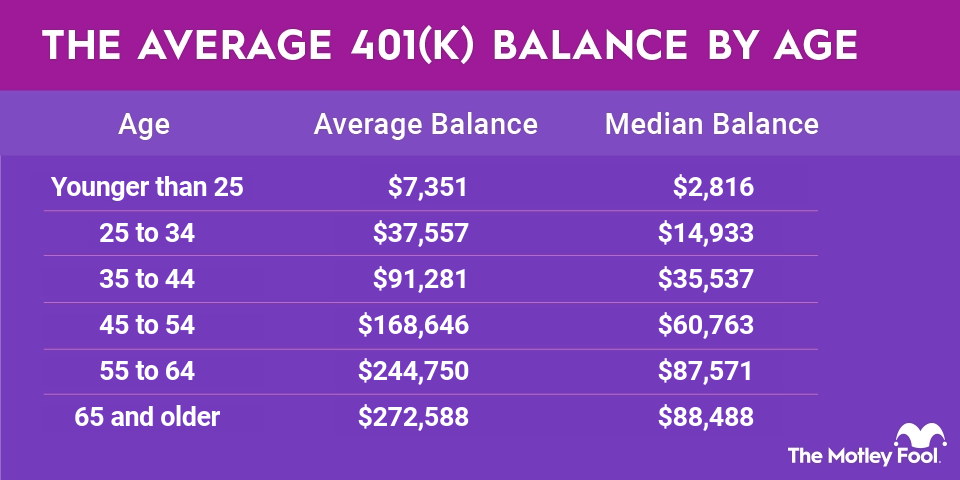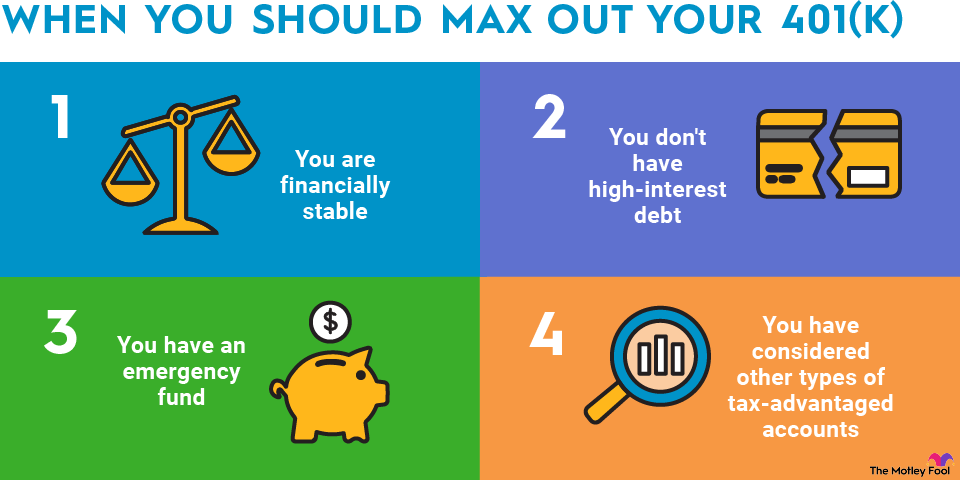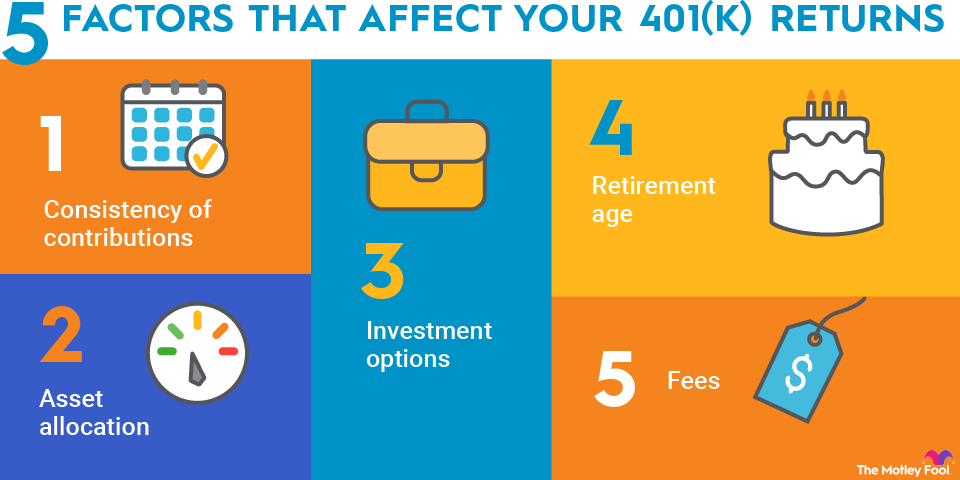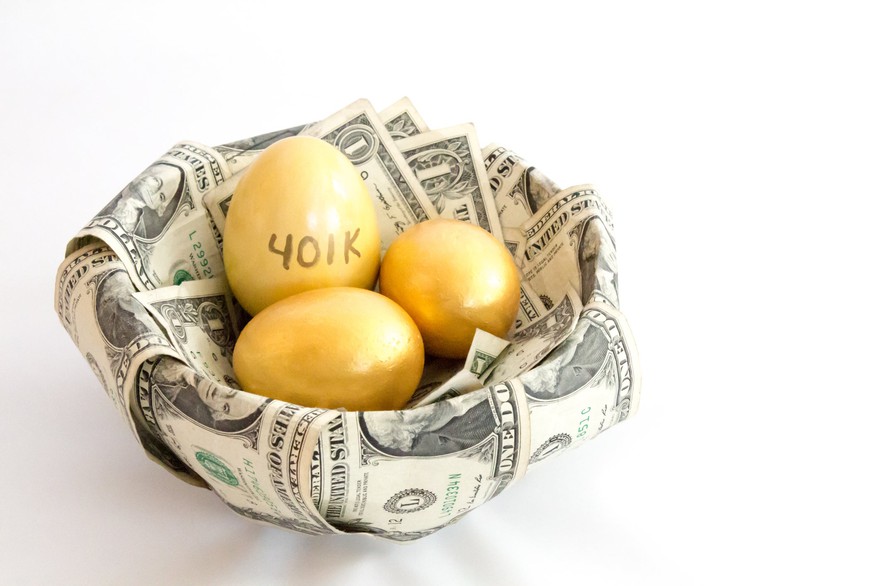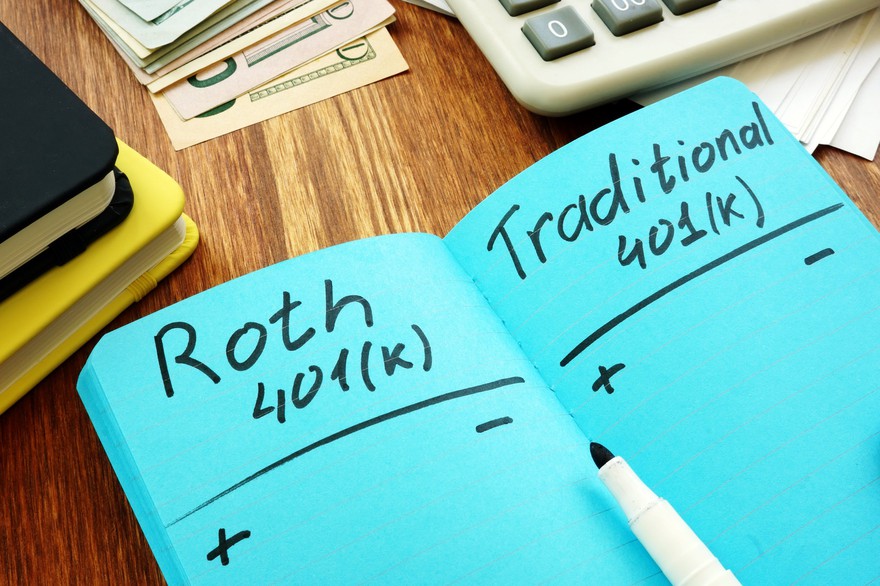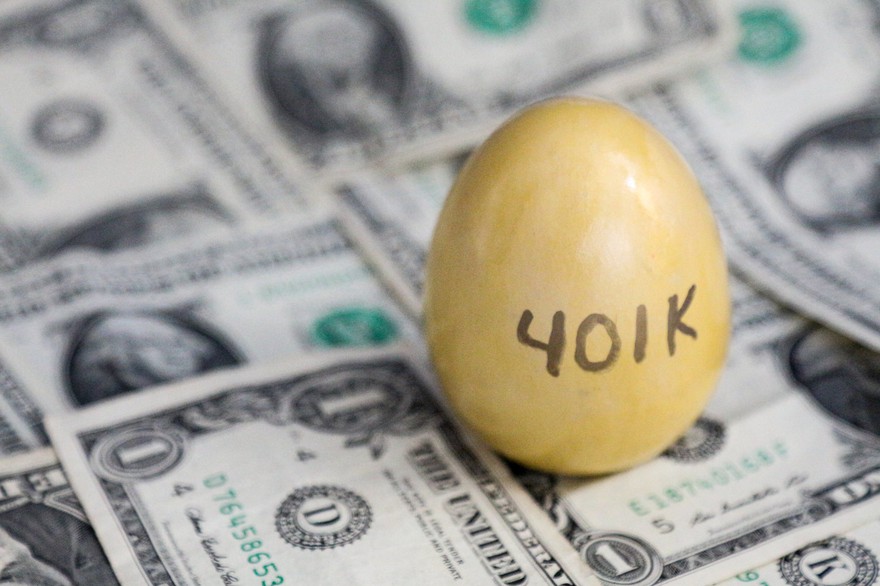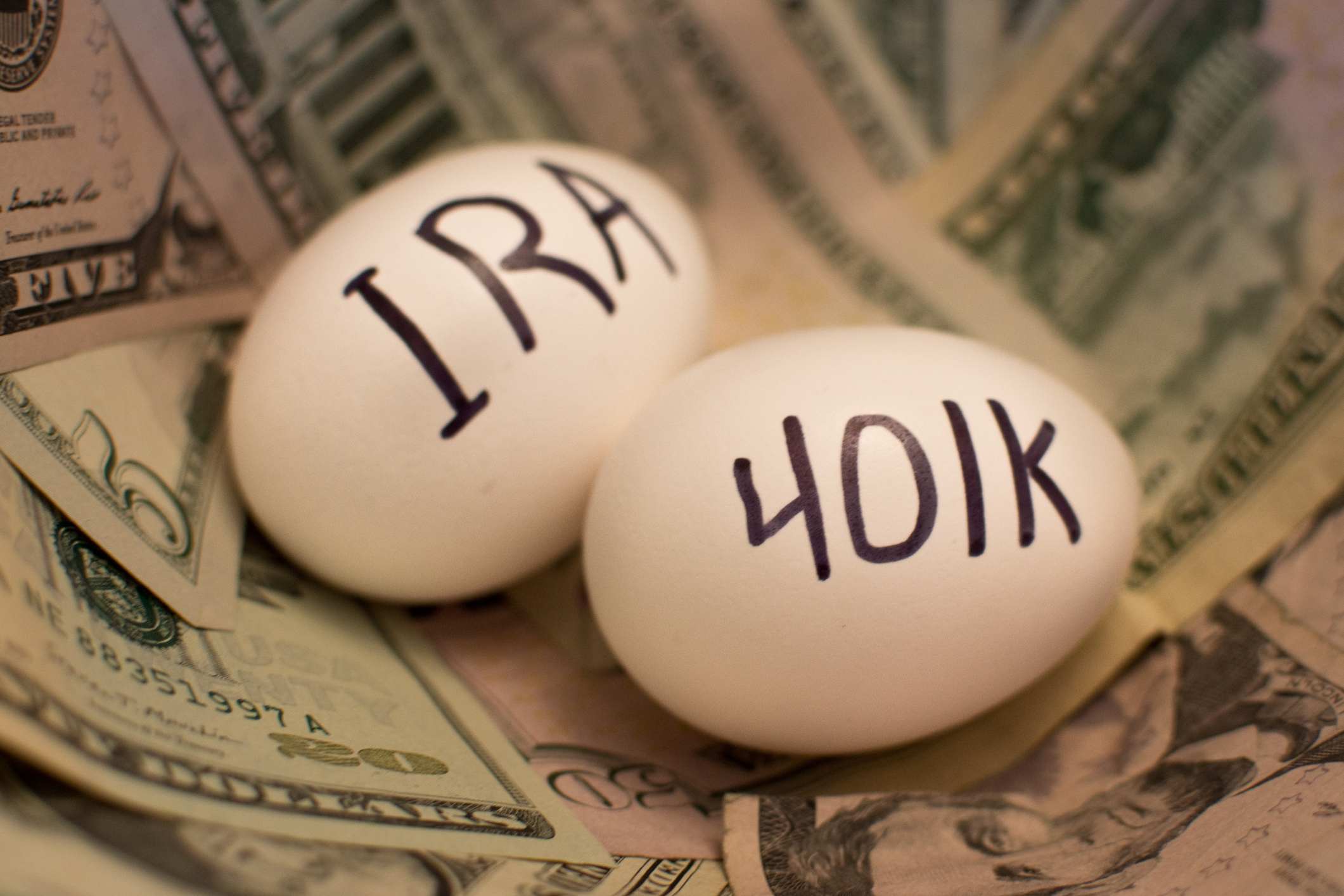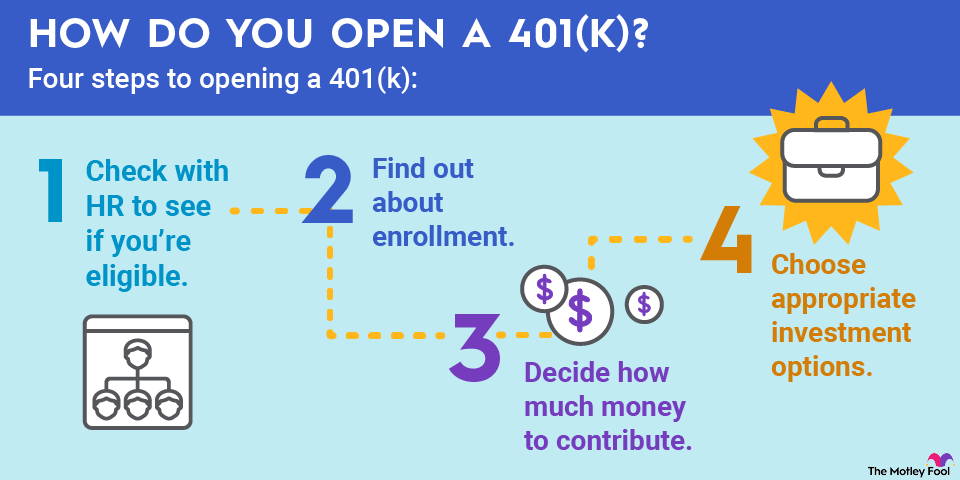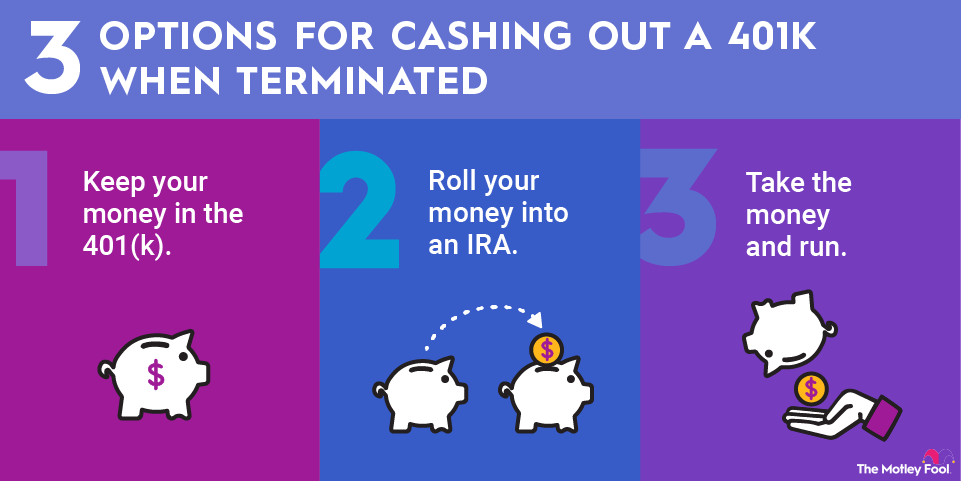Disadvantages of cashing out your 401(k)
There are two major disadvantages to cashing out your 401(k): taxes and lost earnings.
Unless you're rolling the money into a new 401(k) within 60 days or are eligible to withdraw money without penalties, taxes are likely to be the biggest disadvantage.
For example, if you cash out a $100,000 account, you stand to lose $10,000 to the government for the early withdrawal penalty, plus income taxes ranging from 10% to 37%, depending on your tax bracket. Your $100,000 safety cushion could turn out to be worth less than $60,000 and the IRS will get a huge cut.
You'll also lose out on compound earnings. One advantage of 401(k) accounts is that your investments typically make money over time, which adds value to your account.
As your savings increase over time, your earnings are reinvested and earn money. The gains from long-term 401(k) plans can often become a significant part of the total account. You'll lose this benefit if you cash out the money.

